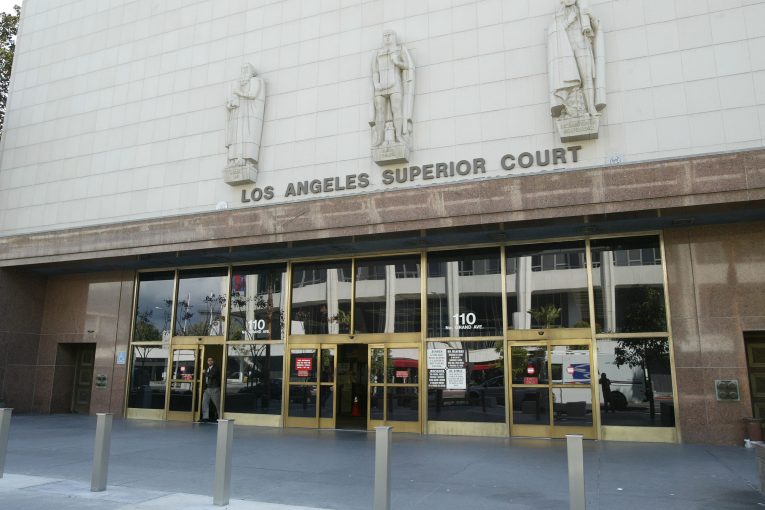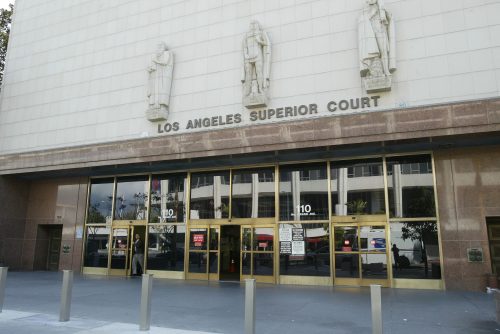

By Vy Tran and Estrella Torres
LOS ANGELES, CA — A competency and non-appearance hearing was held involving charges against the accused suffering from mental illness here in Los Angeles County Superior Court, but Judge Joseph Burghardt contended he had no jurisdiction because of shortcomings of the mental health court.
The court’s remarks left the accused with wavering and uncertain treatments for rehabilitation while also posing a risk to public safety, said the defense.
The NY Unified Court System has said that mental health courts seek to improve public safety, court functioning, and the overall well-being of those suffering from mental illness. The NY publication outlines how this is done by connecting such individuals with court-supervised community-based treatment for their mental illness relating to their criminal justice involvement.
The mental health court in LA did not make a ruling for the accused, instead delegating that responsibility to Dept. 83 in the Airport Courthouse. According to the LA criminal calendar, the hearing was supposed to be a PC § 1368 report, a proceeding that would determine whether or not the accused was “mentally competent” enough to stand trial.
Instead, the proceeding became a “non-appearance” hearing, and both the deputy public defender and deputy district attorney shared the confusion of Judge Burghardt’s confusion, who said from the bench, “So did they make a ruling? Did anyone pick him up? He’s not in this courthouse.”
“What happened was, your Honor…” the DPD began to explain, but frowned as she sifted through the information on her laptop. “We know that in 2021, they handled the post-prelims.”
The DDA chimed in with his current knowledge, noting the prosecution “also [has] no idea where the defendant is going, and we’ve yet to receive any order from the mental health court.”
“I have no jurisdiction,” said Judge Burghardt, adding, “If I were to deny this case without prejudice, perhaps we can send this back to the court. If that doesn’t work, we can simply push this to a later date. However, I’m worried that (the accused) may be just released into the street instead of a locked facility if I end up dismissing this. He can genuinely be a public danger.”
There was a failure of proper communication between the mental health court and the current court, charged the judge.
Mental health courts are intended to reduce the potential for re-offenses, something those with mental illness are prone to, according to the NY Courts. Simply releasing the accused could pose a “danger” by allowing a dangerous predator to the public, as articulated by Judge Burghardt.
The accused, notably, has been charged with “lewd and lascivious acts with a child under 14.”
The NY Courts also emphasize that making it easy to connect mentally ill offenders with services is aimed at improving their quality of life. However, in this case, Judge Burghardt pointed out there was yet to be given any recommended treatments proposed by the mental health courts for the immediate rehabilitation of the accused.
Judge Burghardt’s conclusion of the non-appearance hearing was to find a way to get the mental health court to review this case. The method to achieve this objective is still up in the air.
According to the NY Courts, mental health courts overall serve to improve coordination between mental health and criminal systems.
Judges should also be provided with the means to make informed decisions when it comes to offenders with mental illness, notes NY Courts. However, in this hearing, Judge Burghardt firmly believes to have “no jurisdiction” over the issue, sending the case order back to the mental health court for evaluation.